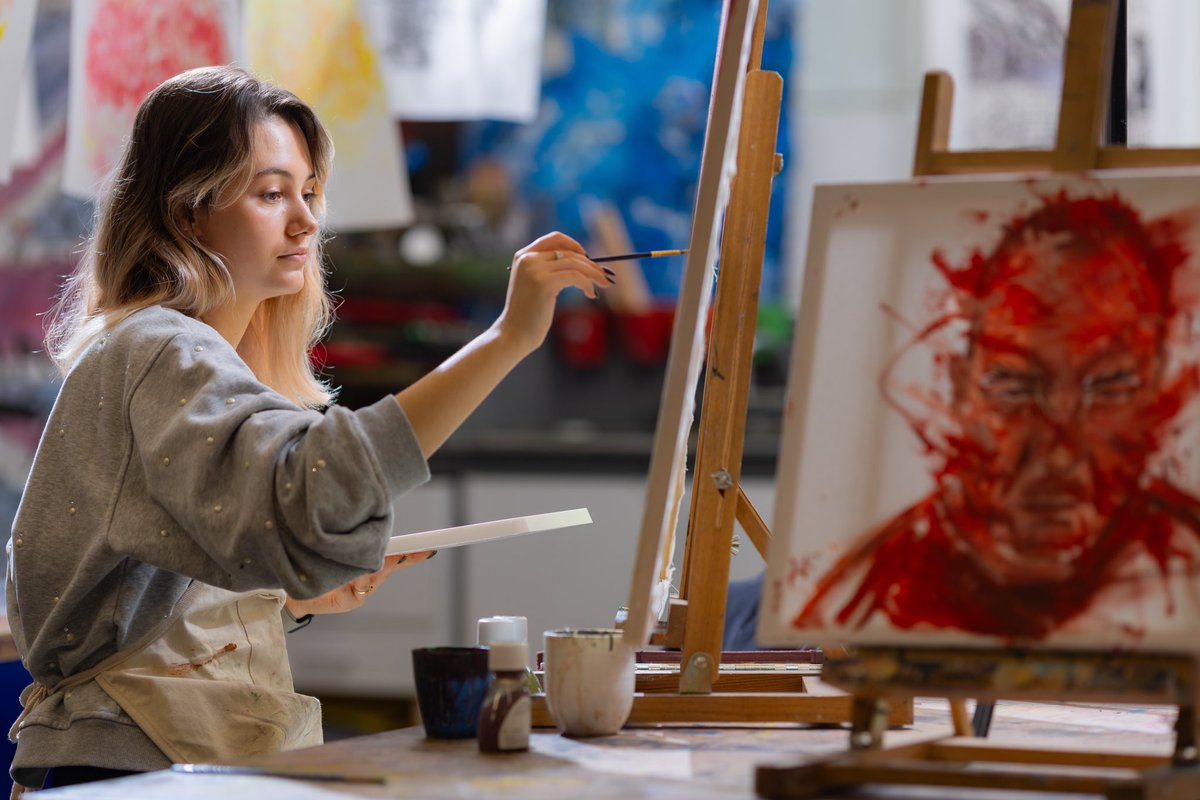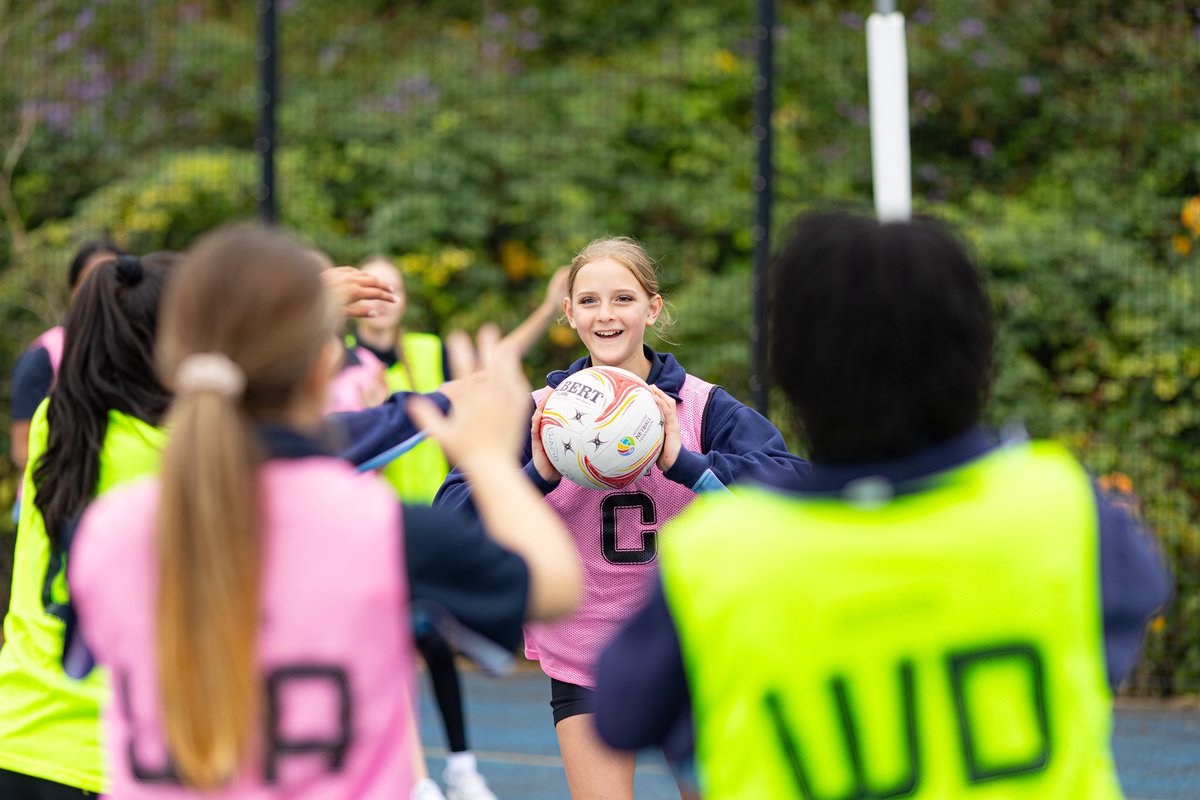Music
“Taught well, Music Education changes lives.” Mark Phillips, Formers Senior HMI Music
Intent
Our curriculum is guided by a recognition of music’s fundamental importance as a creative form of expression and a belief in the inherent value of developing students’ sense of musicality. Like the ‘case for music’ proposed in Ofsted’s Research Review for the subject, we view the ‘central purpose of a good music education’ as that of enabling pupils to ‘make more music, think more musically, and consequently become musical’.
To this end, our curriculum aims to develop pupils’ proficiency both as instrumentalists and singers, to foster a deeper understanding of the musical elements, and to encourage their creativity through the act of musical arrangement and composition. These three pillars of the curriculum are developed in a spiral approach which revisits and builds on pupils’ learning through a range of musical styles. Their progression is also supported with our co-curricular offer that includes access to peripatetic instrumental/vocal lessons, rehearsals, and performances.
Year-by-year synopsis
When entering year 7, pupils undertake a series of half-termly schemes of work, that develop students’ understanding of the basic musical concepts of rhythm and pulse, pitch, melody and timbre, harmony, and texture. All students also complete a baseline assessment that provides a snapshot of their prior learning and raw musical ability. This informs the provision of different arrangements of classroom activities for pupils in every scheme of work to ensure that all learners can access the curriculum while continuing to stretch those with greater experience on certain instruments. In a gradual progression from percussion instruments to keyboards and from call-and-response activities to notations of rhythm and pitch on the musical stave, the first term ensures that pupils reach a common starting point from which to build in all future topics. These skills are developed further in term two when pupils are introduced to the ukuleles and begin using basic chord shapes to perform and accompany singing as a whole-class ensemble. Finally, more complex rhythmic devices are introduced in term three with the performance of salsa-inspired fusion music. As well as introducing pupils to a contrasting musical tradition, this unit also strengthens their ensemble playing with the combination of melodic, harmonic, and percussive parts encountered separately in previous schemes of work.
Year 8 begins with the study of western classical music, featuring extracts of pieces from the baroque and classical periods. The extensive use of staff notation during this unit consolidates pupils’ learning in year 7 while introducing new concepts and devices including bass clef, key signatures, ledger lines, and triple metre. In a development of their instrument handling skills from year 7, pupils will also learn finger crosses and begin playing with the left- and right-hands simultaneously. In the third half term’s focus on soul music, pupils further develop both their singing technique with an exploration of vocal articulation and their ability to accompany others on the keyboard through more challenging chord sequences and the composition of a bass line using the root notes of chords. Similarly in the following unit on hip hop, students further develop their understanding of harmony with the introduction of chord inversions and further work on bass lines. Both units also offer an insight into the experiences of African-American musicians during the mid-twentieth century—a perspective that is explored further in the third term’s focus on blues music in which students consolidate these skills with longer, 12-bar chord sequences, and introduce chord extensions like the 7th chord.
Year 9 begins with a deeper focus on ensemble skills as pupils combine melody, harmony, and bass parts to perform pop music using riffs, hooks, and extended song forms. In the second term, pupils continue to develop their keyboard technique while developing their understanding timbre and music technology through the performance of electronic dance music. This term also introduces more advanced theoretical knowledge such as the identification and labelling of chords, including their inversions. Finally, in the third term, pupils draw on their knowledge of the key musical elements studied since year 7 to consider the uses of film music. By this point, pupils will be able to perform iconic cues from film scores and describe the use of rhythmic, melodic, harmonic, tonal, expressive, timbral, textural, and structural devices.
As they transition to the KS4 programme, pupils will begin to deepen their understanding of the different musical elements encountered during KS3 while continuing to develop skills of composition and performance ability as a singer or instrumentalist through a series of half-term long schemes of work. Themed around the four areas of study featured in the Eduqas GCSE music specification, these topics serve to foster a greater sophistication in the use of technical vocabulary to describe the use common musical devices while exposing pupils to a wider variety of musical styles than those encountered at KS3. Despite this increased emphasis on analytical skills in the GCSE programme, our curriculum design at KS4 continues to promote an integrated approach to musical education that balances performance, composition, and appraisal activities. In the first half term, pupils will learn about timbre, articulation, and texture in examples of ensemble music. Beginning with blues music, as a point of continuity from the KS3 curriculum, before progressing to jazz and musical theatre, the final topic on chamber music serves as the link to the next half-term’s scheme of work themed around the western classical tradition. This unit considers musical structure in works from the baroque, classical, and romantic periods. The third and fourth half terms focus on popular musics and music for film respectively, continuing to interweave appraisal with performance and composition tasks, before in the summer pupils apply their analytical skills to the study of their two set works: mvt. 7 (Badinerie) from J.S. Bach’s 2nd orchestral suite in B minor and Toto’s Africa. By this point, pupils also begin to write their first coursework submission—a free composition set to the pupil’s own brief—and complete a trial recording of a GCSE performance recital lasting 4 minutes.
At the start of year 11, pupils can begin their second composition to one of four briefs provided by the exam board. While selecting and working on these compositions during the first term, pupils also revisit two previously encountered areas of study on ensembles and popular musical forms not covered in year 10. In term two, pupils return to their free compositions from year 10 and continue to work on their performance recitals while revising their appraisal work on the two set works. The GCSE programme ends with an extended period of revision and exam preparation for the appraisal paper during half-terms 5 and 6 of year 11. At the end of the course, pupils will have become rounded musicians with growing proficiency as a singer or instrumentalist, a grounding in compositional techniques, and a detailed understanding of the key musical elements as applied to a diverse range of musical styles and periods of music history.
Documents
| Music LTP 2023 4 update | Download |























